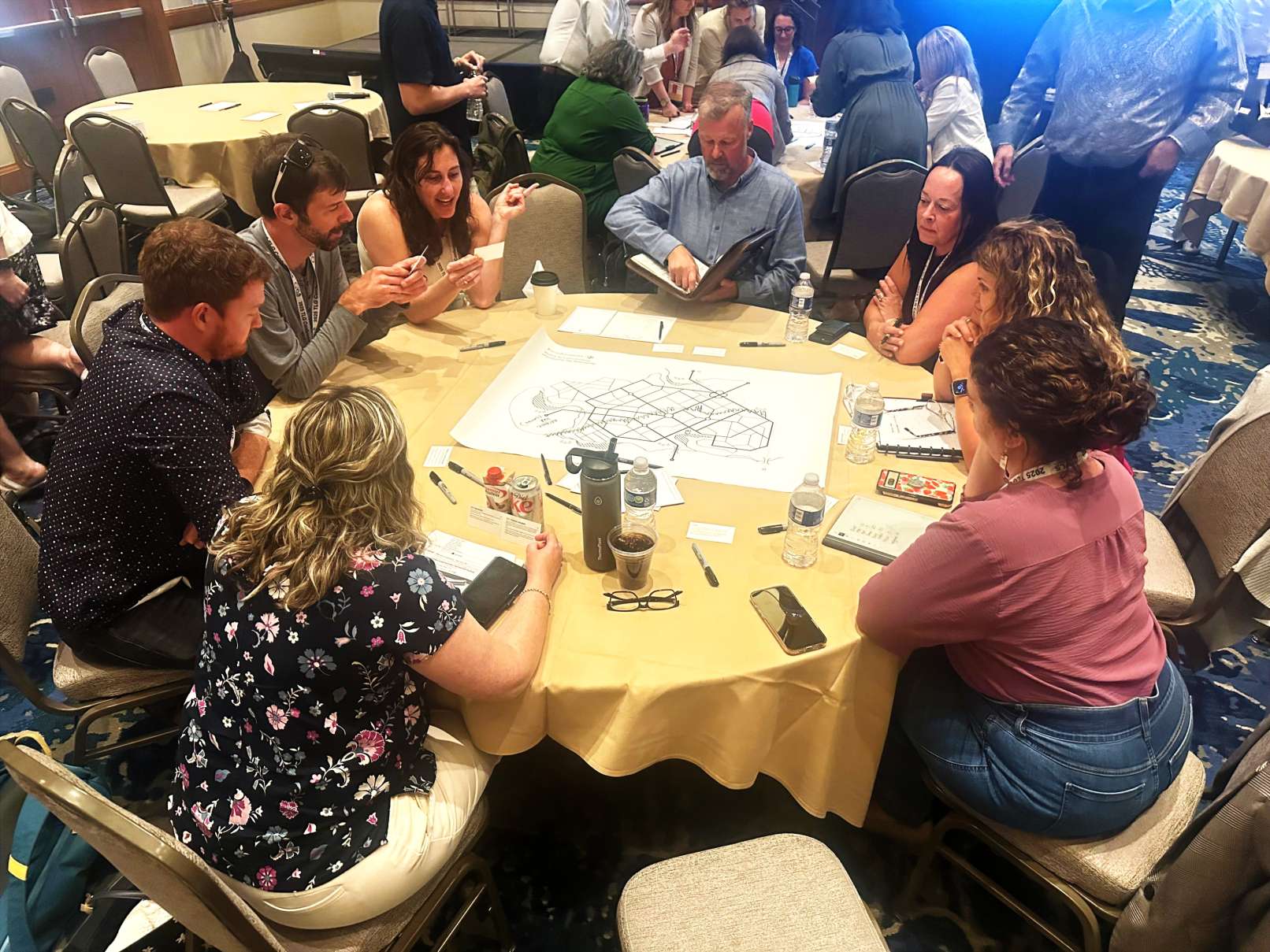Beyond Traditional Solutions: Meeting Local Government Procurement Needs
Beyond Traditional Solutions: Meeting Local Government Procurement Needs
As local governments face mounting challenges in managing procurement, many small to medium-sized cities are now confronted with a pressing question: Who’s actually minding the procurement store? With procurement processes growing more complex and the demand for specialized expertise increasing, cities like Princeton, Texas, struggle to hire and retain skilled procurement professionals. The situation is further complicated by competition from the private sector and other government agencies offering better benefits and salaries. Additionally, the pandemic has had a long-term impact on staffing, leaving many cities unable to return to pre-pandemic workforce levels.
To address these challenges, many local governments are turning to innovative solutions such as staff augmentation services and cooperative contracts. Organizations like NIGP Consulting are stepping in to provide expert consultants, while cooperative contracting like TXShare allows cities to leverage existing contracts from other entities, saving time and resources. These strategies not only improve efficiency but also help cities access the expertise they lack internally. The rise of AI and platforms like Civic Marketplace further assist cities in addressing procurement challenges by connecting them to necessary resources.
As cities continue to face staffing shortages and evolving procurement demands, it’s clear that traditional solutions no longer suffice. Local governments must embrace technology, external expertise, and collaborative strategies like cooperative contracts to meet the needs of their communities. The future of procurement will require flexibility, innovation, and strategic partnerships to ensure success. At SGR, we are here to support and connect you with great resources who can help in these endeavors. Read more from our friends at Barrett & Green here.
Ron Holifield

